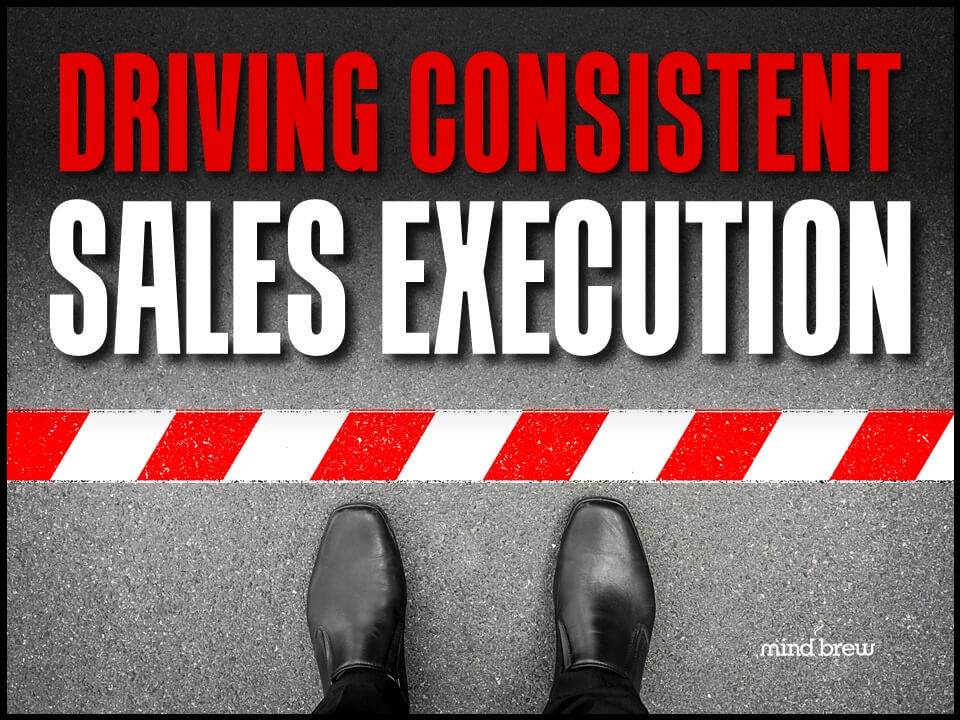Could your parents explain what you do for work?
Unless your mom or dad have some very recent business management or sales experience, chances are good that they would have a tough time listing out the typical tasks you might accomplish in a day. If you’re lucky, they might default to, “I think it’s sales.” If you’re less lucky, they might call it “computers” or “kind of like a secretary, but more important.”
On a more serious note, could your CEO explain what you do?
Would they also categorize you as “part of sales”? Would they dismiss you as part of the back office or maybe even as some kind of sales assistant?
It’s not at all surprising — and is even a little bit funny — when older generations have no idea what sales ops is. It’s still not surprising — but a whole lot less funny — when your executives and co-workers haven’t got a clue.
Because sales ops is a relatively new function, a lot of business leaders don’t really understand what the role entails. And because many sales operations teams start out serving a support function, people get a lot of misconceptions. And that’s unfortunate, because sales ops serves a vital role in shaping sales strategies, streamlining processes, and driving revenue growth.
What are those misconceptions? Here are five of the most common:
- Sales ops is just a support role. Great sales ops teams aren’t just there to take orders, collate data, and create reports. Yes, the role does involve a lot of data, but your true function is to find meaning in that data. Through rigorous analysis, you identify issues and opportunities and ultimately play a pivotal role in strategy development, training, forecasting, and sales goal definition.
- The sales ops team makes the sales process too rigid. Your goal isn’t to set up roadblocks — your goal is to knock roadblocks down by showing your team the most efficient and effective way to operate. You optimize and streamline processes, ensuring that salespeople have more time to sell and less administrative work. And you guide them to the exact customers and deals that they have the best chance of winning.
- Sales ops doesn’t understand what it’s like in the field. A lot of sales ops folks have worked in sales. But even if you haven’t, a well-functioning sales ops team works closely with frontline salespeople to gather feedback and understand their challenges. If you’re doing your job right, you already have tools and processes that allow you to take these insights into account.
- Sales ops is only relevant in large companies. Sales operations can be valuable for businesses of all sizes. For smaller businesses, the sales ops team is really important in driving growth. And as that growth occurs, the sales ops role can expand to take on more complex challenges.
- Sales ops and sales enablement are the same. There is some overlap between sales ops and sales enablement, but sales ops is a much broader discipline. In fact, we see sales enablement as critical subset of sales operations. Ideally, sales enablement folks within the sales operations department focus on equipping the sales teams with tools, content, and training driven by the processes, analytics, and strategy that sales ops helps develop.
Encountering these myths in your workplace can feel frustrating. But you can take steps to counteract them. Check out How to Boost the Perceived Value of Sales Operations and Demonstrating the Value of Sales Operations. Both are full of tips and techniques that can help your team get the respect it deserves.
And now, I’m off to explain to one of my well-intentioned elderly relatives that blogging about sales operations is most definitely not the same as working for Facebook.













